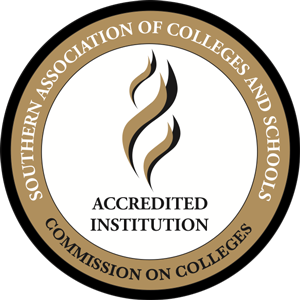Why Study Occupational Therapy at Alabama State University?
Healthgrad.com cited ASU’s OT Program as one of America’s “Best Values & Most Affordable.” We will equip you with the experience and knowledge you need to help your patients on day one.
-
Elite facilities:
As an occupational therapy student, you have access to our top-notch facilities, including labs exclusively for students in the College of Health Sciences, 24 hours a day, 7 days a week.
-
Learn from the best:
Our diverse faculty members hold doctorates and a variety of specialty certifications, come from different clinical practice backgrounds and are active leaders at the local, state and national levels.
-
Personalized attention:
The occupational therapy doctorate degree at Alabama State University is a cohort-style program, so you and 23 of your peers will go through the program together and have personal access to your professors.











